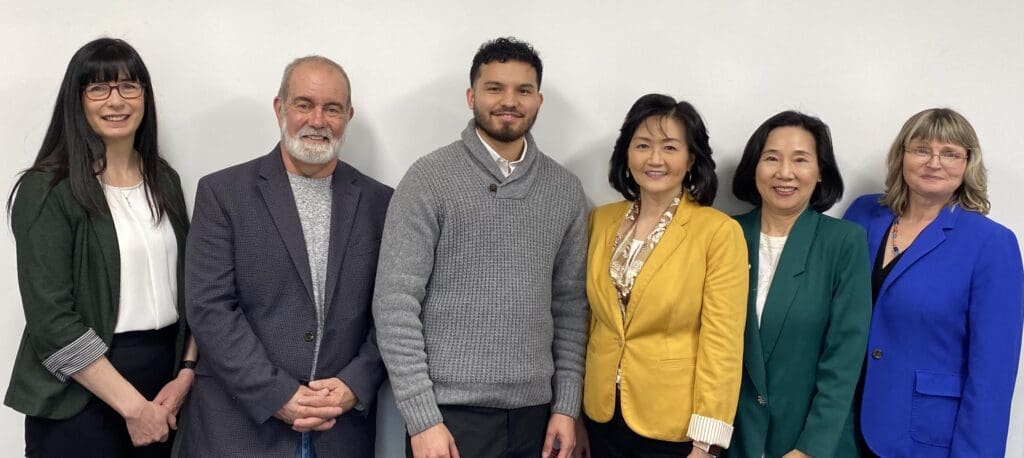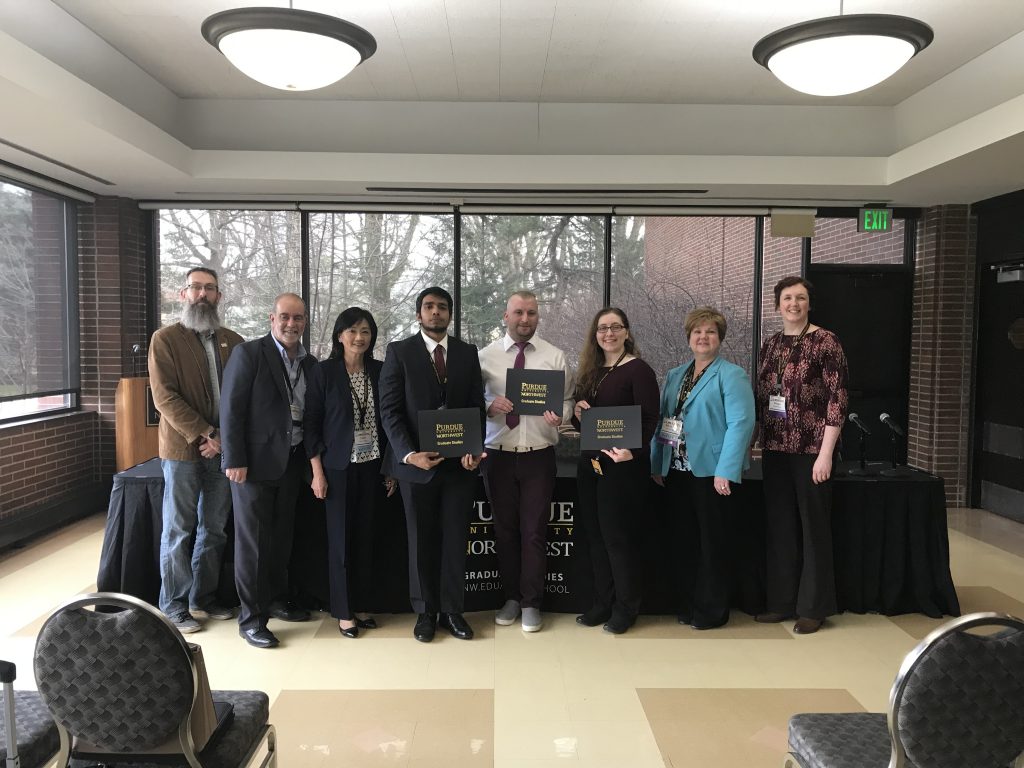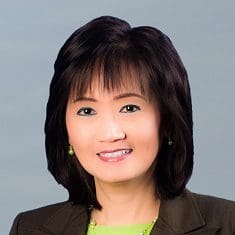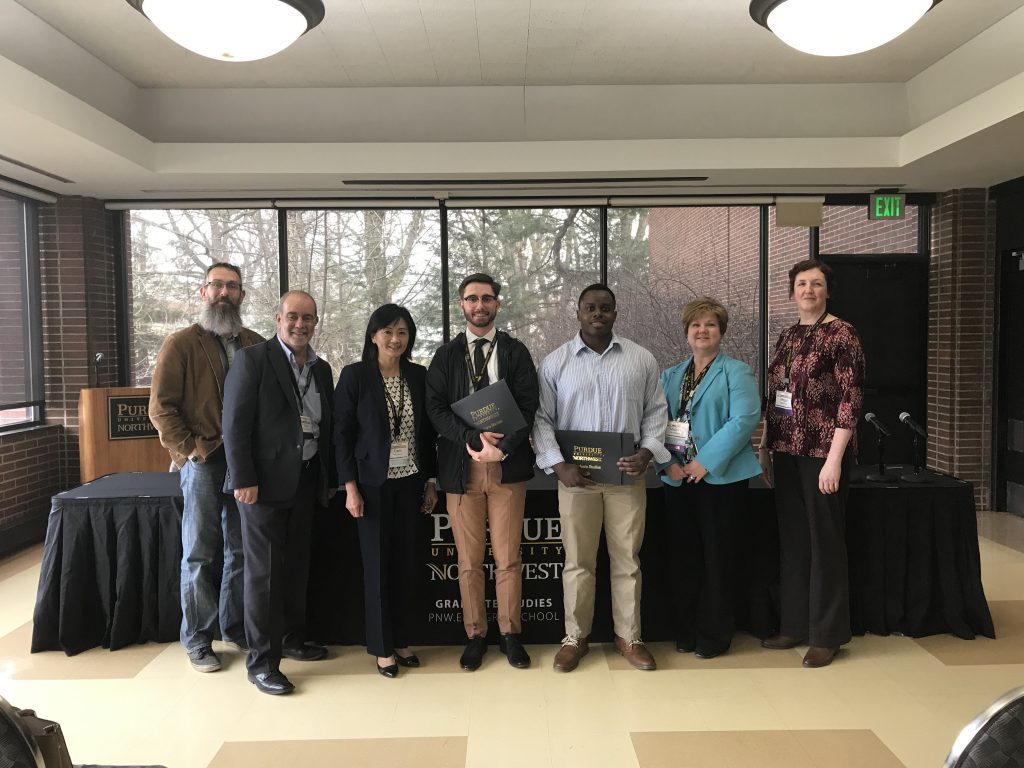Participant Guidelines
Competing in 3MT®? See our pointers, from writing to creating your slide!
Writing Your 3MT
- Avoid jargon and academic language.
- Explain concepts and people important to your research – you may know all about Professor Smith’s theories, but your audience may not.
- Highlight the outcomes of your research, and the desired outcome.
- Imagine that you are explaining your research to a close friend or fellow student from another field.
- Convey your excitement and enthusiasm for your subject.
- You may like to present your 3MT as a narrative, with a beginning, middle and end.
- It’s not easy to condense your research into three minutes, so you may find it easier to break your presentation down into smaller sections.
- Try writing an opener to catch the attention of the audience, then highlight your different points, and finally have a summary to restate the importance of your work.
- Know what you want your audience to take away from your presentation.
- Try to leave the audience with an understanding of what you’re doing, why it is important, and what you hope to achieve.
- Do not write your presentation like an academic paper. Try to use shorter words, shorter sentences and shorter paragraphs.
- You can use humor, however be careful not to dumb down your presentation.
- Proof your 3MT presentation by reading it aloud, to yourself and to an audience of friends and family.
- Ask for feedback.
- Ask your audience if your presentation clearly highlights what your research is about and why it is important.
Creating 3MT Slide
- Before you start work on your slide, you should take the following rules into account:One single static PowerPoint slide is permitted;
- No slide transitions, animations or ‘movement’ of any description are permitted;
- Your slide is to be presented from the beginning of your oration; and
- No additional electronic media (e.g. sound and video files) are permitted.
- You may like to consider some of the following suggestions.Less is more: text and complicated graphics can distract your audience – you don’t want them to read your slide instead of listening to your 3MT.
- Personal touches: personal touches can allow your audience to understand the impact of your research.
- Creativity drives interest: do not rely on your slide to convey your message – it should simply complement your oration.
- Work your message: think about how your slide might be able to assist with the format and delivery of your presentation – is there a metaphor that helps explain your research?
- An engaging visual presentation can make or break any oration, so make sure your slide is legible, clear and concise.
Practicing 3MT Presentation
Our best advice? Watch 3MT presentations from around the world!
- Feeling nervous before you present is natural, and a little nervousness can even be beneficial to your overall speech. Nonetheless, it is important to practice so you can present with confidence and clarity. Practicing will also help you gauge the timing of your 3MT so that you keep within the time limit.
- Speak clearly and use variety in your voice (fast/slow, loud/ soft).
- Do not rush – find your rhythm.
- Remember to pause at key points as it gives the audience time to think about what you are saying.
- Stand straight and confidently.
- Hold your head up and make eye contact.
- Never turn your back to the audience.
- Practice how you will use your hands and move around the stage. It is okay to move around energetically if that is your personality, however it is also appropriate for a 3MT® presentation to be delivered from a single spot on stage.
- Do not make the common mistakes of rolling back and forth on your heels, pacing for no reason or playing with your hair as these habits are distracting for the audience.
- Record and listen to your presentation to hear where you pause, speak too quickly or get it just right.
- Then work on your weaknesses and exploit your strengths.
- Watch your role models such as academics, politicians and journalists, and break down their strengths and weaknesses.
- Analyze how they engage with their audience.
- Dress code is business casual, if you are unsure of how to dress you may like to dress for a job interview or an important meeting. Jeans, t-shirts, or athletic shoes are not included as business casual dress.
- Do not wear a costume of any kind as this is against the rules (as is the use of props).
Past Award Recipients
Undergraduate

Congrats to Mateo Garcia (center) for earning second place in the undergraduate category for PNW’s 2022 Three-Minute Thesis competition. From left to right: workshop presenter Erin Protsman, judge Tony Sindone, Garcia, judge Carin Chuang, judge Jean Jiang and Director of Graduate Studies Joy Colwell.
Winner
- Kevin Davis (not pictured)
Runner Up
- Mateo Garcia
Judges
- Shawn He
- Jean Jiang
- Songtao Mo
- Wendy St. Jean
- Tony Sindone
- Jon Swarts
Graduate

Congrats to Chukwenudum Uzor (center right) and Maeve Cucolotto (center left) for earning first and second place respectively in the graduate category for PNW’s 2022 Three-Minute Thesis competition. From left to right: workshop presenter Erin Protsman, judge Tony Sindone, Cuculotto, Uzor, judge Carin Chuang, judge Jean Jiang and Director of Graduate Studies Joy Colwell.
Winner (Tie)
- Chukwenudum Uzor
- Congshan Mao (not pictured)
Runner Up
- Maeve Cuculotto
Judges
- Shawn He
- Jean Jiang
- Songtao Mo
- Wendy St. Jean
- Tony Sindone
- Jon Swarts
Graduate

Winner – Liming Wu
Runner Up – Christopher Miller, Bethany Worl
People’s Choice – Ashreet Mishra
Contact Us
General Inquiries

Professor of Management Information Systems
(219) 989-2382
Hammond, Anderson Building 309
PNW Graduate Studies Office
grad@pnw.edu
Phone: (219) 989-2257
